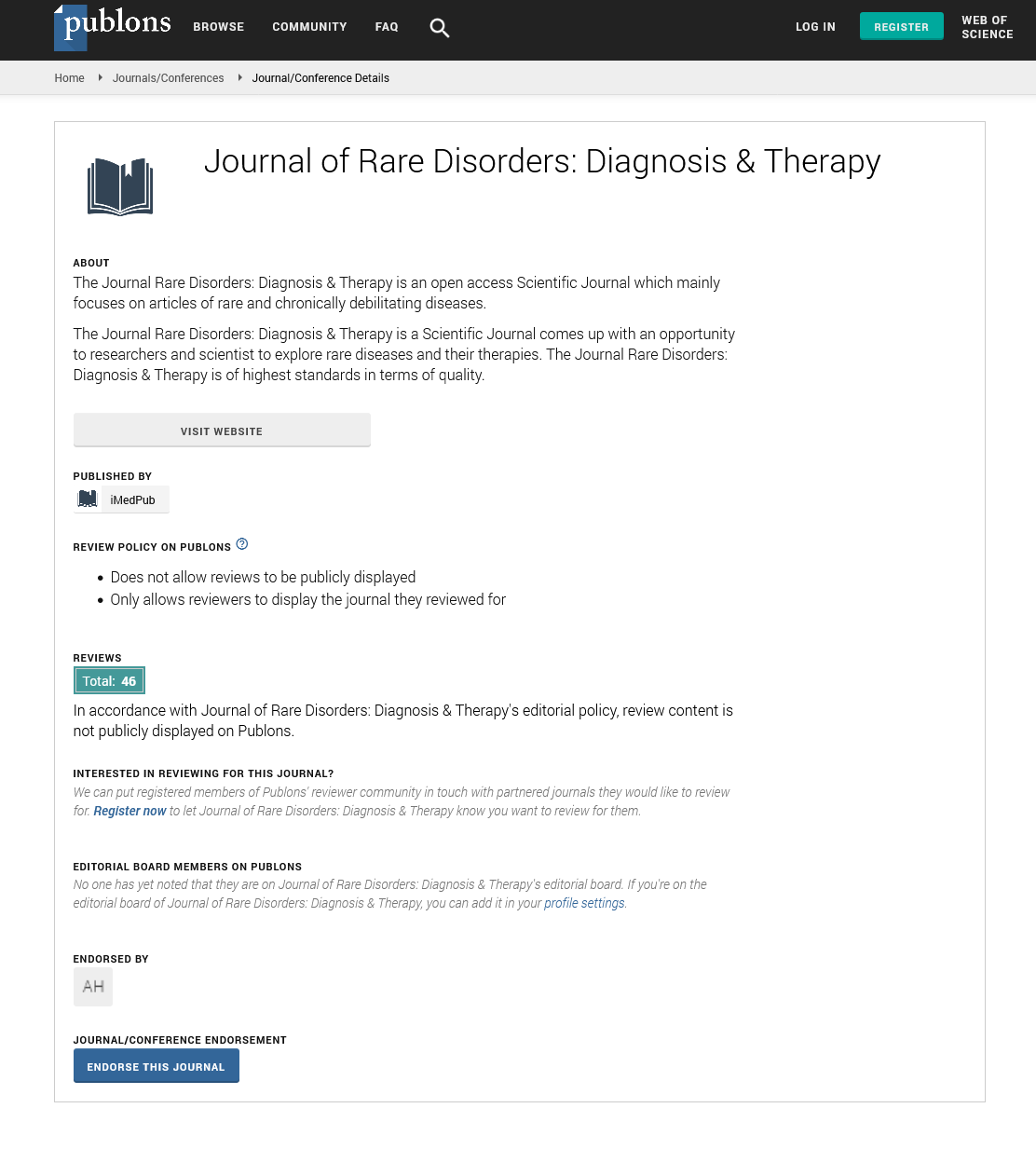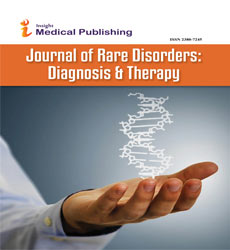Abstract
Next Generation Sequencing: Unusual Cases of Spastic Paraplegic Presenting with Ataxia
Hereditary Spastic Paraplegias (HSPs) are a group of heritable conditions resulting from neuro-degeneration of the cortico-spinal tracts. It can exist as “pure form” characterized by advanced spasticity, weakness of hind limbs, bladder dysfunctioning and mild somatosensory deficits, or as “complex form” where other neurological and systemic abnormalities are present.
The extensive clinical and genetic heterogeneity of spastic paraplegia and clinical overlap with various ataxias makes clinical diagnosis challanging. In this study, 70 unusuall ataxia cases were enrolled. Molecular diagnosis identified and excluded 18 positive cases of Spino Cerebellar Ataxia (SCA) subtypes and 1 positive case of Friedreich Ataxia (FRDA). Furthermore, from remaining uncharacterized 51 ataxia cases, we carried out Clinical Exome Sequencing (CES) in 10 individuals who depicted early age of onset with severe ataxia. CES identified 3 male cases with variants in SPG7, SPG11 and FA2H genes implicated in spastic paraplegia. Variants identified are: a heterozygous pathogenic variant c.2014G-A (p. Gly 672Arg) SPG7 gene (in case 1), a homozygous pathogenic variants c.869+1 G-T(5’Splice site), in SPG11 gene (case 2) and a heterozygous pathogenic c.1A-G (p.met1?) in FA2H gene (case 3). Thus CES facilitated in getting a definitive diagnosis in 3 out of 10 unusual HSP cases presenting with ataxia.
Author(s):
Priyanka Vishwakarma, Sarita Agarwal, Deepika Delsa Dean and Kausik Mandal
Abstract | Full-Text | PDF
Share this

Google scholar citation report
Citations : 241
Journal of Rare Disorders: Diagnosis & Therapy received 241 citations as per google scholar report
Journal of Rare Disorders: Diagnosis & Therapy peer review process verified at publons
Abstracted/Indexed in
- Google Scholar
- China National Knowledge Infrastructure (CNKI)
- Directory of Research Journal Indexing (DRJI)
- Publons
- International Committee of Medical Journal Editors (ICMJE)
- Secret Search Engine Labs
- Euro Pub
Open Access Journals
- Aquaculture & Veterinary Science
- Chemistry & Chemical Sciences
- Clinical Sciences
- Engineering
- General Science
- Genetics & Molecular Biology
- Health Care & Nursing
- Immunology & Microbiology
- Materials Science
- Mathematics & Physics
- Medical Sciences
- Neurology & Psychiatry
- Oncology & Cancer Science
- Pharmaceutical Sciences


